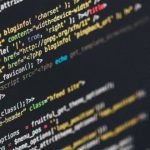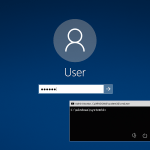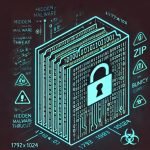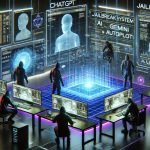Ars reports from the Linux Security Summit—and finds much work that needs to be done.
The Linux kernel today faces an unprecedented safety crisis. Much like when Ralph Nader famously told the American public that their cars were “unsafe at any speed” back in 1965, numerous security developers told the 2016 Linux Security Summit in Toronto that the operating system needs a total rethink to keep it fit for purpose.
No longer the niche concern of years past, Linux today underpins the server farms that run the cloud, more than a billion Android phones, and not to mention the coming tsunami of grossly insecure devices that will be hitched to the Internet of Things. Today’s world runs on Linux, and the security of its kernel is a single point of failure that will affect the safety and well-being of almost every human being on the planet in one way or another.
“Cars were designed to run but not to fail,” Kees Cook, head of the Linux Kernel Self Protection Project, and a Google employee working on the future of IoT security, said at the summit. “Very comfortable while you’re going down the road, but as soon as you crashed, everybody died.”
“That’s not acceptable anymore,” he added, “and in a similar fashion the Linux kernel needs to deal with attacks in a manner where it actually is expecting them and actually handles gracefully in some fashion the fact that it’s being attacked.”
Jeffrey Vander Stoep, a software engineer on the Android security team at Google, echoed Cook’s message: “This kind of hearkens back to last year’s keynote speech when [Konstantin “Kai” Ryabitsev] compared computer safety with the car industry years ago. We need more and we need better safety features, and with it in mind this may cause inconvenience for developers, we still need them.”
For his part, Kai, a senior systems administrator at the Linux Foundation, who was unable to attend this year’s summit, is pleased that this car safety analogy is finding traction.
“We approach security today as though we are still living in the world of the 1990s and 2000s, computers in a data centre managed by knowledgeable people,” he told Ars. But, he pointed out, most computers today—laptops, smartphones, IoT devices—are not managed and secured by IT professionals.
“For the cases where computers are not well protected in the hands of end-users who are not IT professionals, and who do not have any recourse to IT professional help, we need to design systems that proactively protect them,” he said. “We have to change the way we approach this dramatically, the same way the vehicle manufacturers in the 1970s did.”
This is, however, easier said than done.
Killing bug classes, not political dissidents

Working as a cyber security solutions architect, Alisa focuses on application and network security. Before joining us she held a cyber security researcher positions within a variety of cyber security start-ups. She also experience in different industry domains like finance, healthcare and consumer products.


































